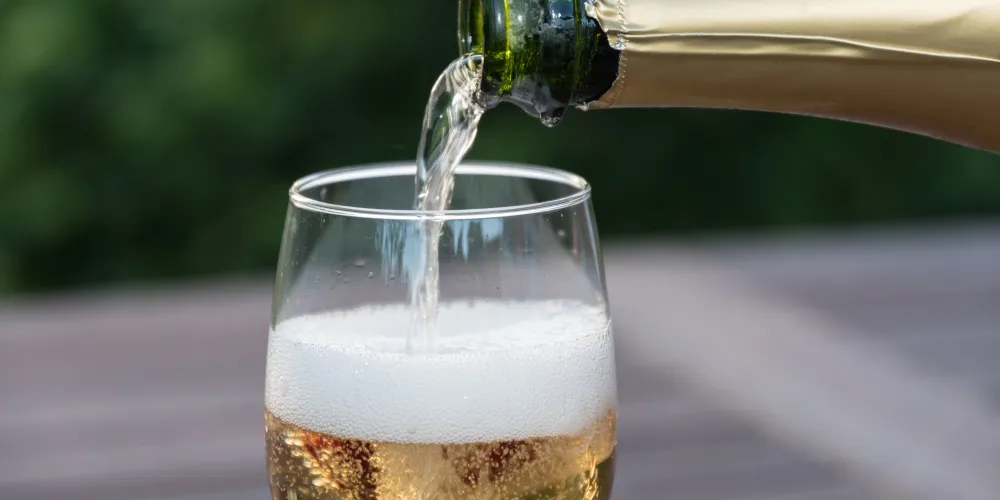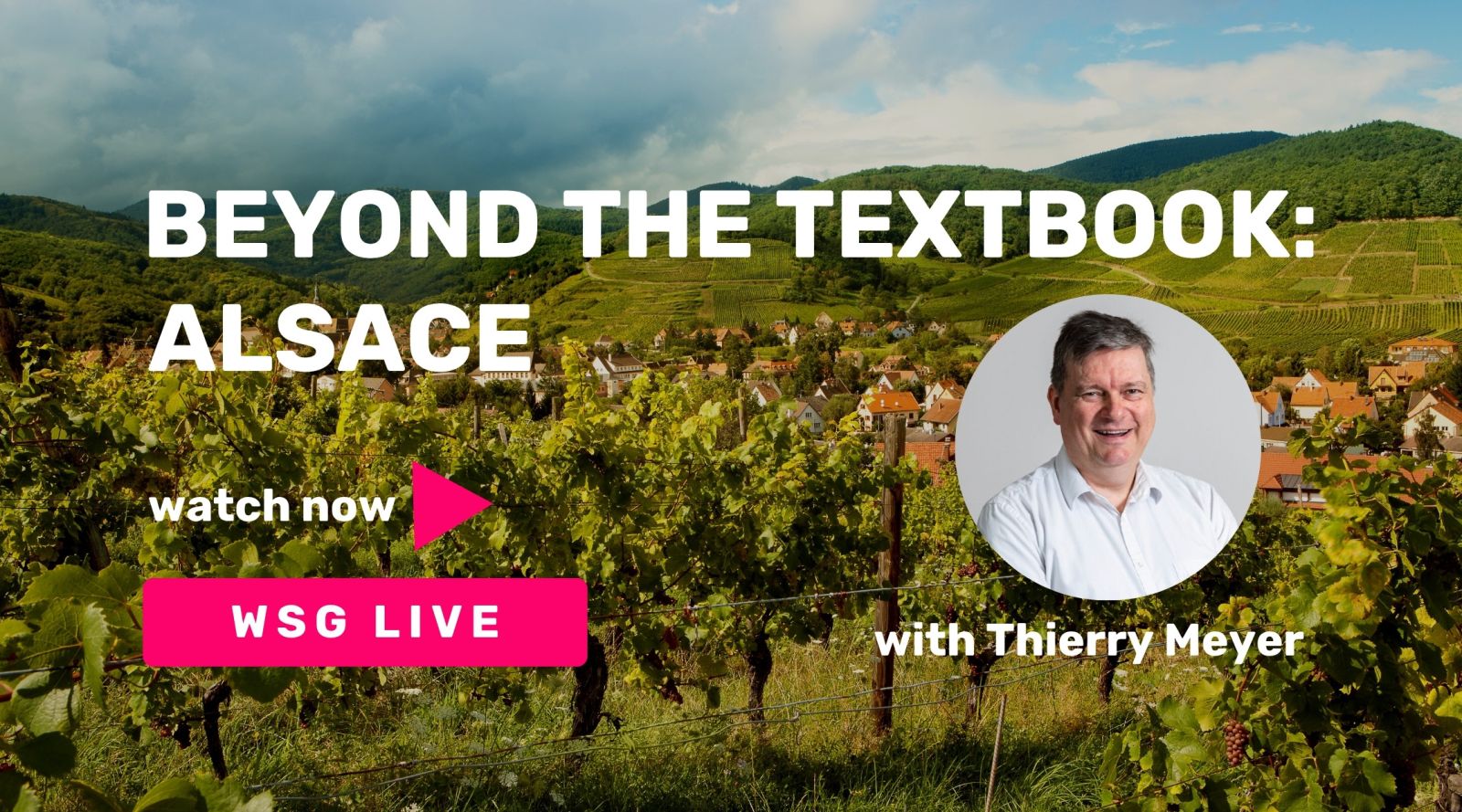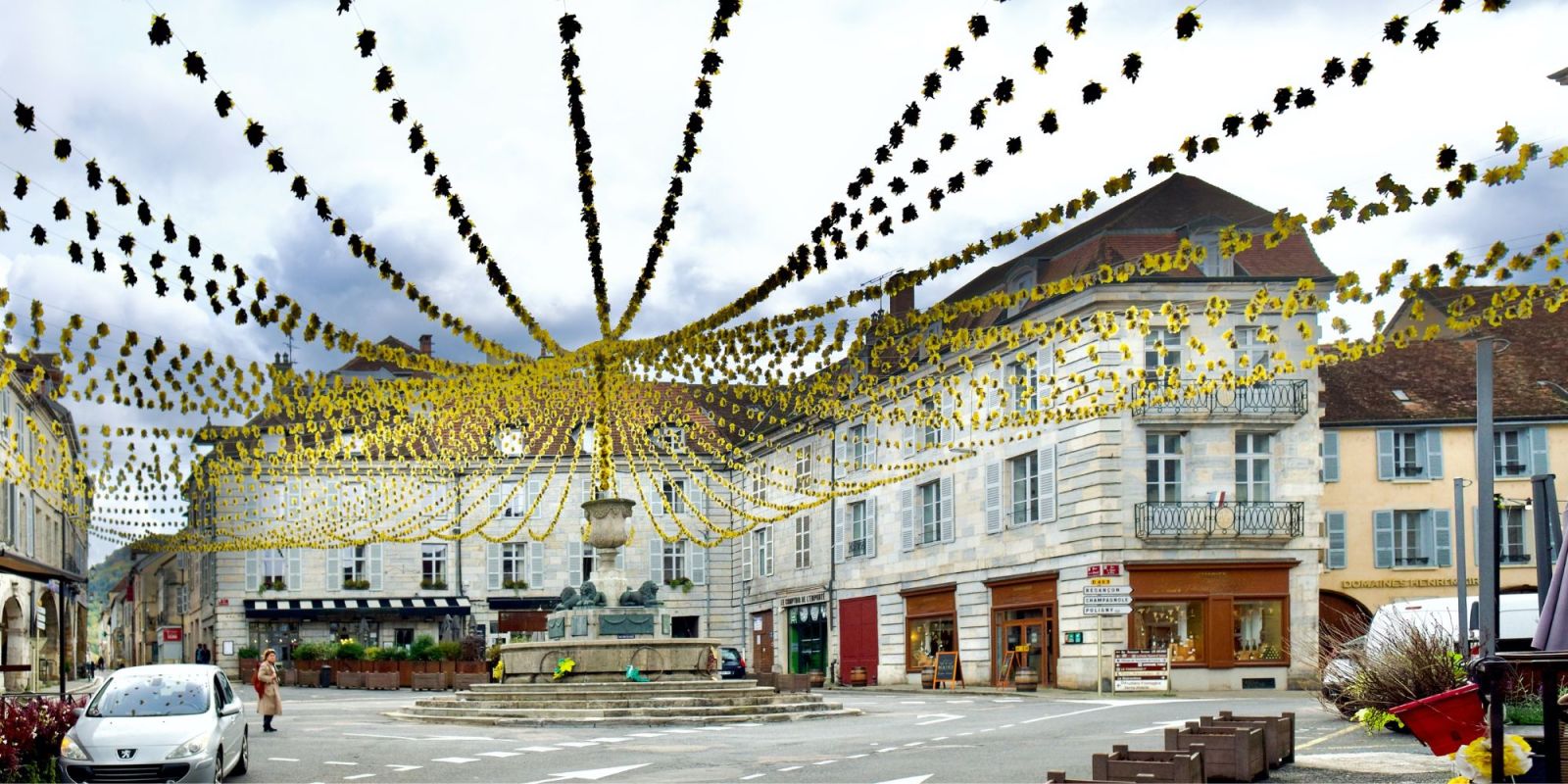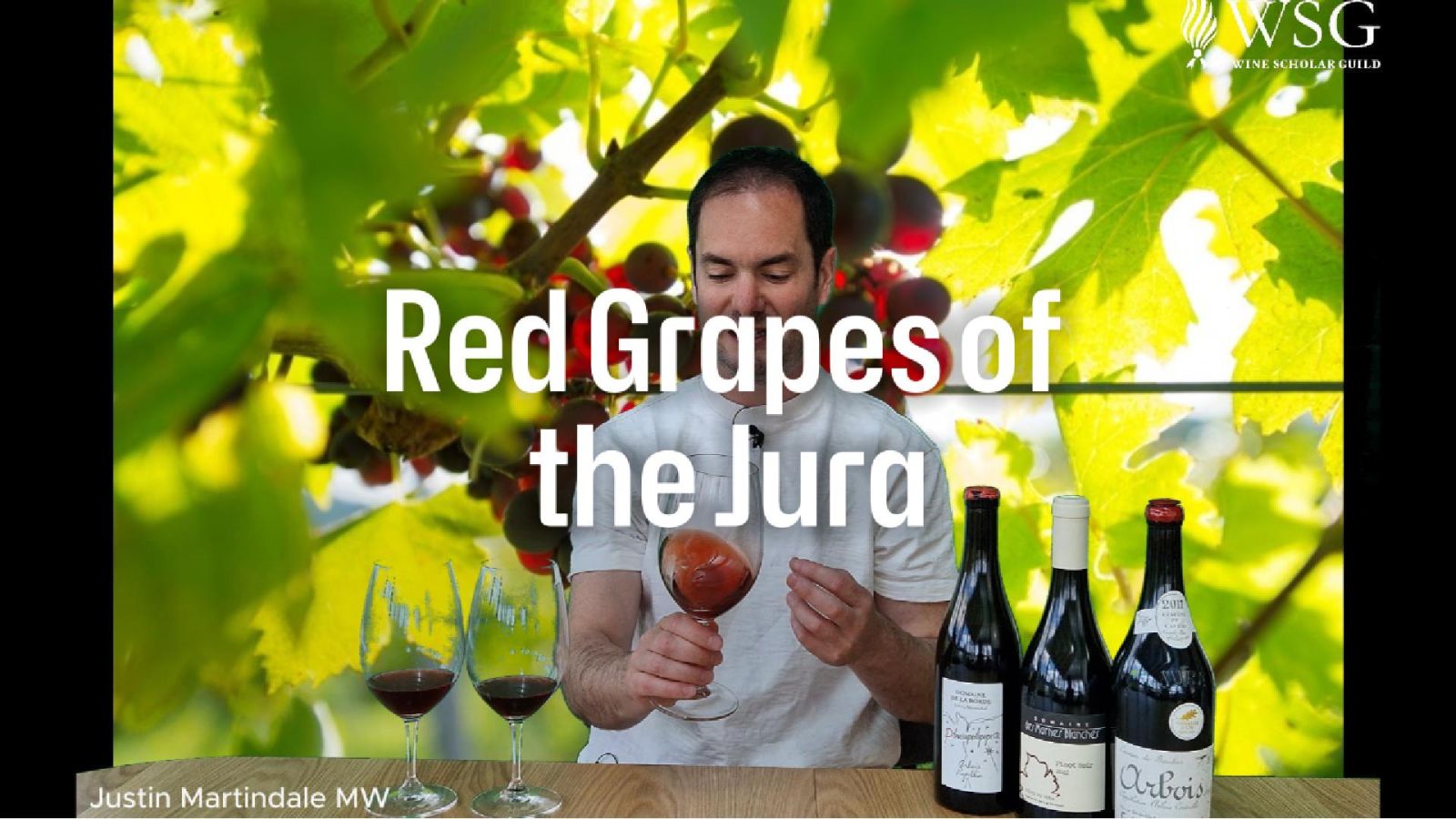BLOG
Champagne, Fizz, Bubbles, Traditional Method or Cap Classique, take your pick!
Abbie Bennington
Insights and Opinions

Champagne, Fizz, Bubbles, Traditional Method or Cap Classique… all these names are synonymous with one thing, great tasting sparkling wines made in the traditional way.
Not all sparkling wine is created equal and whilst champagne still holds the trophy for the most globally renown fizz, there are many wine regions who follow closely in their footsteps. One of those regions in the pantheons of the great includes South Africa and their Cap Classique Method. I was lucky enough to visit one historic producer Krone, in northern Paarl nestled in the beautiful Tulbagh Valley.
Cap Classique wines are celebrated for their meticulous production process, where each bottle remains the same from start to finish much like champagne. This method allows the bubbles to form naturally through a second fermentation, a hallmark of the traditional approach. The extended lees contact—where the wine interacts with dead yeast cells —adds complexity, finesse and elegance to both the aroma and flavor profile. It is through this process that the rich autolytic qualities of brioche and bread—which is the calling card of great traditional method sparkling wines are created.

Producing a single bottle of Cap Classique now requires a minimum of twelve months of ageing, ensuring a wine of exceptional quality. Students of the Champagne Masters Program at WSG will know that this bears many of the hallmarks of the champagne production method. A direct copy, if you will, of the original blueprint.
Owned by Abigail and Svend Rands, the Krone winery dates back to 1710 with vineyards close to the Saronsberg mountains. Located at the Twee Jonge Gezellen estate, they began producing wine in the 20th century and are believed to have been one of the first in the country to undertake cold fermentation in the 1950s. Head winemaker Stephan de Beer gave us the historical and scientific tour behind their world class sparkling wine production.
“A lot of innovation happened here on this farm, like Nicholas Charles Krone. He was a very, very good winemaker. He discovered cold fermentation in the country. And back then, there weren’t cooling compressors or anything like that. So, what he did was he took cold water from the mountain.”

The Tulbagh Valley is surrounded by mountains on three sides— the Winterhoek Mountains to the north, the Witsenberg Mountains to the east, and the Obiqua Mountains to the west—while remaining open to cooling winds from the south. These winds mix with warmer air from the Klein Karoo, creating a constant exchange of temperatures and a significant diurnal range. This interplay allows grape varieties like Chardonnay and Pinot Noir to ripen with bright natural acidity, further supported by the cooling shade of the surrounding peaks.
Students and champagne aficionados will know how important these factors are when producing sparkling wines of the calibre of champagne. In contrast to many traditional method producers who focus on creating house blends and consistent styles, particularly for the entry-level wines in their portfolios; Krone’s Cap Classique wines are all crafted from individual vintages.
In Tulbagh, harvest happens on average two weeks earlier than in much of the Western Cape, allowing the grapes to maintain their natural acidity—essential to produce high-quality Cap Classique.

This early harvest also allows for the incorporation of malolactic fermentation—typically uncommon in Cap Classique production. The result is a vintage sparkling wine with enhanced richness and depth, while still preserving the bright acidity that gives Krone Cap Classique its notoriety. Touring the cellars of Krone, Stephan was keen to share the historical significance of the winery:
“This is pretty much the oldest and the first underground wine cellar in Africa. Certainly, South Africa. You can store up to 300,000 bottles just in this area. Even through the winter when it's minus one outside, it's still 16 degrees down here. You can see all the groundwaters seeping down, which contributes humidity. This is very important because that keeps the temperature stable.”
Following a tour of the cellars and traditional Dutch heritage buildings that embody the estate, Stephan took us through a comprehensive tasting which included around twelve differing Cap Classique vintage wines.
“Because of the warm climate we have here in Tulbagh, the profile in our wines is very much citrus, lime, apple, baked apple, and in the rosé you'll get red apple. But then there's that layer of chalkiness that we get from the second fermentation, and the sandstone soils that we have. The combination of the two gives you that minerality.”

Cap Classique wines have become more of a fixture on the international sparkling wine market and the work of exceptional producers like Krone are no exception. With more than ten million bottles produced annually by some 250 producers in South Africa, these wines are enjoyed globally, although around 85% remains in the domestic market.
With both attention to detail in the quality of production by even bigger names such as Graham Beck and the use of champagne varieties; these wines remain a competitive alternative to a much-loved wine style.
As the holidays creep closer, many may think of champagne to celebrate. However, it would be remiss not to visit the South African wine section of your retailer for quality and indeed value which can be found in abundance. Cap Classique wines make an ideal choice for both connoisseurs and wine students interested in quality traditional method wines.




